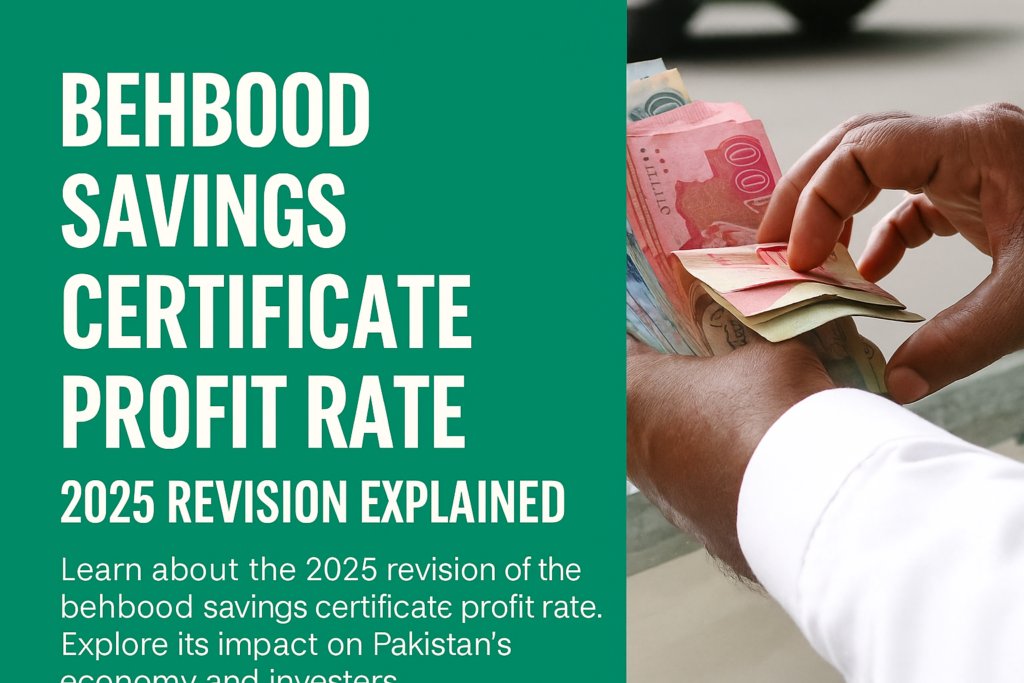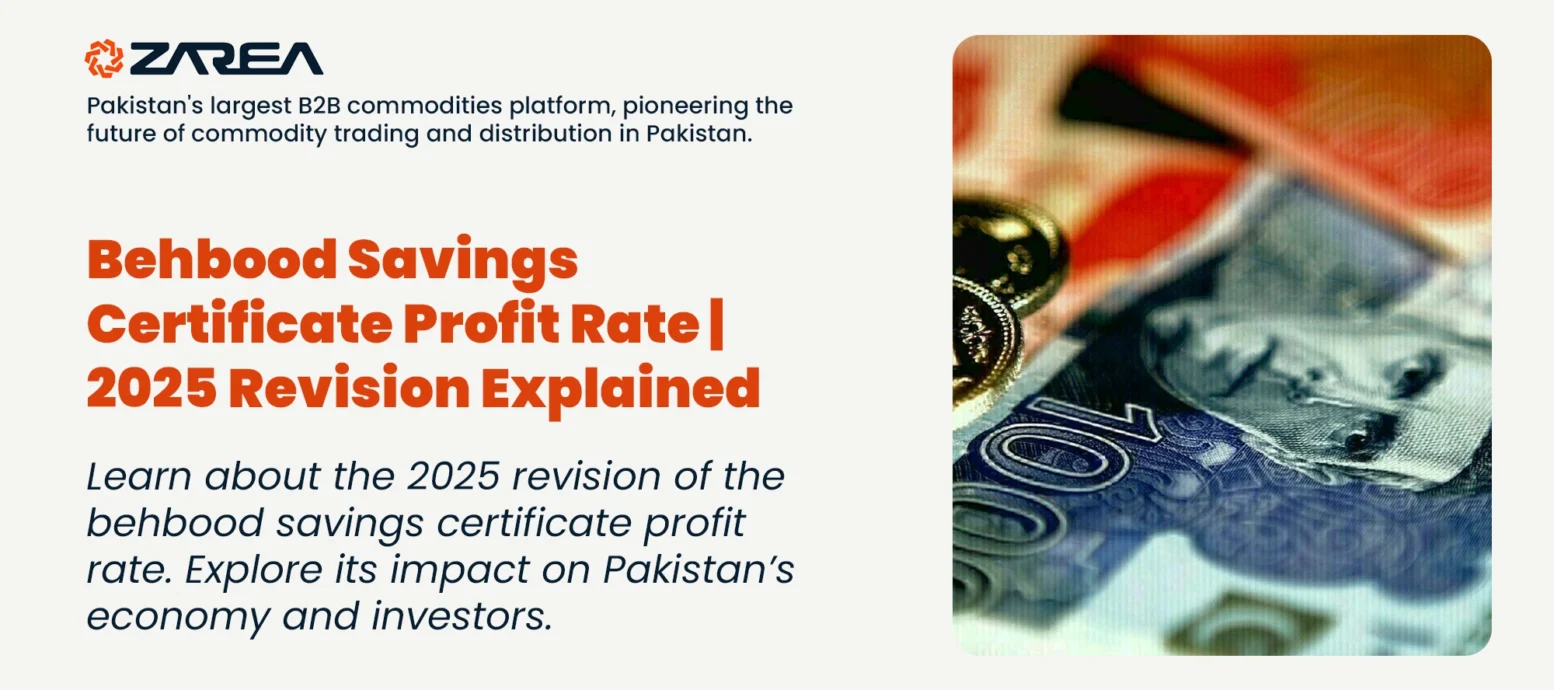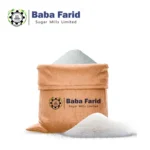Introduction – Behbood Savings Certificate Profit Rate:
A mainstay of Pakistan’s National Savings portfolio for many years, the Behbood Savings Certificate (BSC) offers widows, older people, retirees, and martyrs’ families financial stability. It is one of the most well-liked government-sponsored programs that provides steady monthly returns with sovereign guarantees. But the government changed the profit rate on bank savings certificates in June 2025. Further, the government has also made changes to many other national savings plans. Although it has a small numerical impact on the profit rate. Yet this change has wider ramifications for retirees, savers and the economy as a whole.
We discuss savings certificate’s recent developments and their causes in this article. But we also discuss their possible effects on households and long-term investors, which are all thoroughly examined in this essay.
Overview of the June 2025 Revisions:
The Pakistani government formally lowered profit rates for a variety of National Savings Schemes (NSS) on June 27, 2025. These changes varied from 15 to 59 basis points (bps), according to Topline Securities. Even while these changes might not seem like much, they have a big impact on savers who depend on these assets for their monthly income.
The updated profit rates for the main schemes are broken down as follows:
- Islamic Financial Statements:-
- Sarwa Islamic Term Account: Dropped from 10.34% to 9.75%, a reduction of 59 basis points.
- Sarwa Islamic Saving Account: Dropped from 10.34% to 9.75% (a reduction of 59 basis points).
- Regular Income Certificates (RICs): RICs, or regular income certificates, fell 36 basis points to 11.16%.
- SSCs (Special Savings Certificates): 30 basis points were cut to 10.6%.
- Defence Savings Certificates (DSCs): Dropped to 11.76%, a 15 basis point decrease.
- Pensioners Benefit Account (PBA): The Pensioners Benefit Account (PBA) had a 24 basis point decline to 13.2%.
- Behbood Savings Certificate (BSC): The Behbood Savings Certificate (BSC) had a 24 basis point drop to 13.2%.
- Shuhada Family Welfare Account: Decreased to 13.2%, a 24bps decrease.
- Savings Account: 9.5% stays the same.
Of them, Islamic accounts had the worst cuts, whilst products targeted for elderly citizens, including the Pensioners Benefit Account and Behbood Savings Certificate, saw more mild cuts.

To view the product listings, place bulk orders, and receive the most affordable price. Go to Zarea today! Pakistan’s largest business-to-business (B2B) commodities marketplace, setting the standard for future commodity distribution and trade in the nation.
Understanding the Behbood Savings Certificate:
The Behbood Savings Certificate was introduced in 2003 with the goal of helping elderly people, widows, and pensioners who sometimes have few options for receiving income in retirement. Its alluring profit rates, monthly income distribution, and withholding tax exemption made it a popular investment choice over time.
Among its notable characteristics are:
- Eligibility: Eligibility includes widows, relatives of martyrs, retirees from the military and public service, and senior citizens over 60.
- Investment Denominations: For qualified persons, the maximum investment amount is Rs. 5,000, with no higher limit.
- Profit Payments: A monthly allocation of profits to cover living expenditures.
- Security: One of the safest saving tools, it is fully supported by the Pakistani government.
- Current Rate (2025): 13.2% after the 24 basis point cut.
The BSC is a crucial lifeline that ensures financial security in retirement for many people, making it more than merely an investment.
Why Were Profit Rates Reduced?
The decision to lower the profit rates of all National Savings Plans, including the profit rate on behbood savings certificates, is related to more general financial and economic factors. Among the primary causes are:
Inflation is declining
In recent months, there have been indications that Pakistan’s inflation rate is decreasing. The government frequently lowers savings plan profit rates as inflation declines in order to keep fiscal expenses and economic reality in balance.
Alignment of Monetary Policy
As inflationary circumstances have improved, the State Bank of toko56 Pakistan (SBP) has been lowering its policy rate gradually. In order to maintain uniformity throughout the financial system, national savings profit rates are usually modified in accordance with central bank policies.
Budgetary Control
The government’s interest obligations on National Savings instruments are greatly increased by high profit rates. Lowering these rates aids in keeping the government’s debt service cost under control, particularly during a period of persistently high budgetary constraints.
Promoting Diversification in Investments
Another justification would be to lessen an excessive dependence on government-backed programs by encouraging investors to look at alternative possibilities including capital markets, corporate bonds, and mutual funds.
Behbood Savings Certificate Profit Rate – Implications for Investors:
People who depend on National Savings Plans for consistent income are directly impacted by the most recent modification.
Adjustments for Household Income
The behbood savings certificate profit rate reduction by 24 basis points results in somewhat lower monthly payouts for pensioners and retirees. Even while the difference in numbers per Rs. 100,000 investment might not seem like much, it becomes significant for people with greater assets who rely on this income to pay for necessities.
In terms of attractiveness
BSCs continue to rank among Pakistan’s highest-yielding, risk-free investments at 13.2%. They still provide higher yields than standard savings accounts (9.5%) and a number of other plans, even with the decrease.
Confidence in the Economy
The government’s confidence in controlling inflation and enhancing macroeconomic indicators is indicated by the downward revision. Despite the fact that it lowers immediate returns, this may encourage cautious optimism among savers.
Extended Security
BSCs’ primary benefit—a guaranteed, government-backed monthly income—remains intact despite the drop. They are still quite important to retirees who prefer stability over riskier options.
The Bigger Picture – National Savings in Pakistan’s Economy:
In Pakistan’s financial system, national savings plans are essential. In addition to offering the public safe and convenient investment options, they are a significant source of domestic non-banking borrowing for the government.
Although it is a major fact that NSS has more than billions of rupees in outstanding investments. Yet it might show how crucial they are to closing budget deficits. Meanwhile, these tools also serve as a social safety net nationwide. Especially for vulnerable populations like widows and the elderly who fearlessly invest in this kind of saving option.
The government deliberately modifies profit rates in an effort to achieve equilibrium between:
- Providing investors with enticing profits
- handling financial sustainability in a difficult economic climate.
Looking Ahead – What Investors Should Expect:
The changes made in June 2025 could not be the last. In Pakistan, profit rates are strongly correlated with changes in interest rates, inflation, and the state of the economy. Additional downward adjustments might take place if inflation continues to decline and the SBP significantly lowers rates.
Although, there are several programs in Pakistan including the Pensioners Benefit Account and the Behbood Savings Certificate. Yet (BCS) will definitely continue to provide comparatively high returns in order to safeguard disadvantaged populations so far.
The most important lesson for saving is to be alert and varied. Combining BSCs with other low- to medium-risk assets might increase total returns without jeopardising financial stability, even though they offer unparalleled security.
Final Thoughts:
A more significant change in Pakistan’s financial and economic approach is seen in the June 2025 modification to the behbood savings certificate profit rate. Even with a little 24bps drop, the program still offers one of the best and safest returns in the nation at 13.2%.
The BSC is still an essential instrument for widows, retirees, and older persons to achieve financial independence. Although the most recent amendment lowered the monthly dividend somehow. Yet it also indicates that macroeconomic circumstances are improving day by day. Which might ultimately be advantageous for the country and investors.
National savings plans strike a balance between investor demands, social welfare and fiscal policy. Furthermore, the Behbood Savings Certificate will remain essential in helping Pakistan manage its economic difficulties.
































